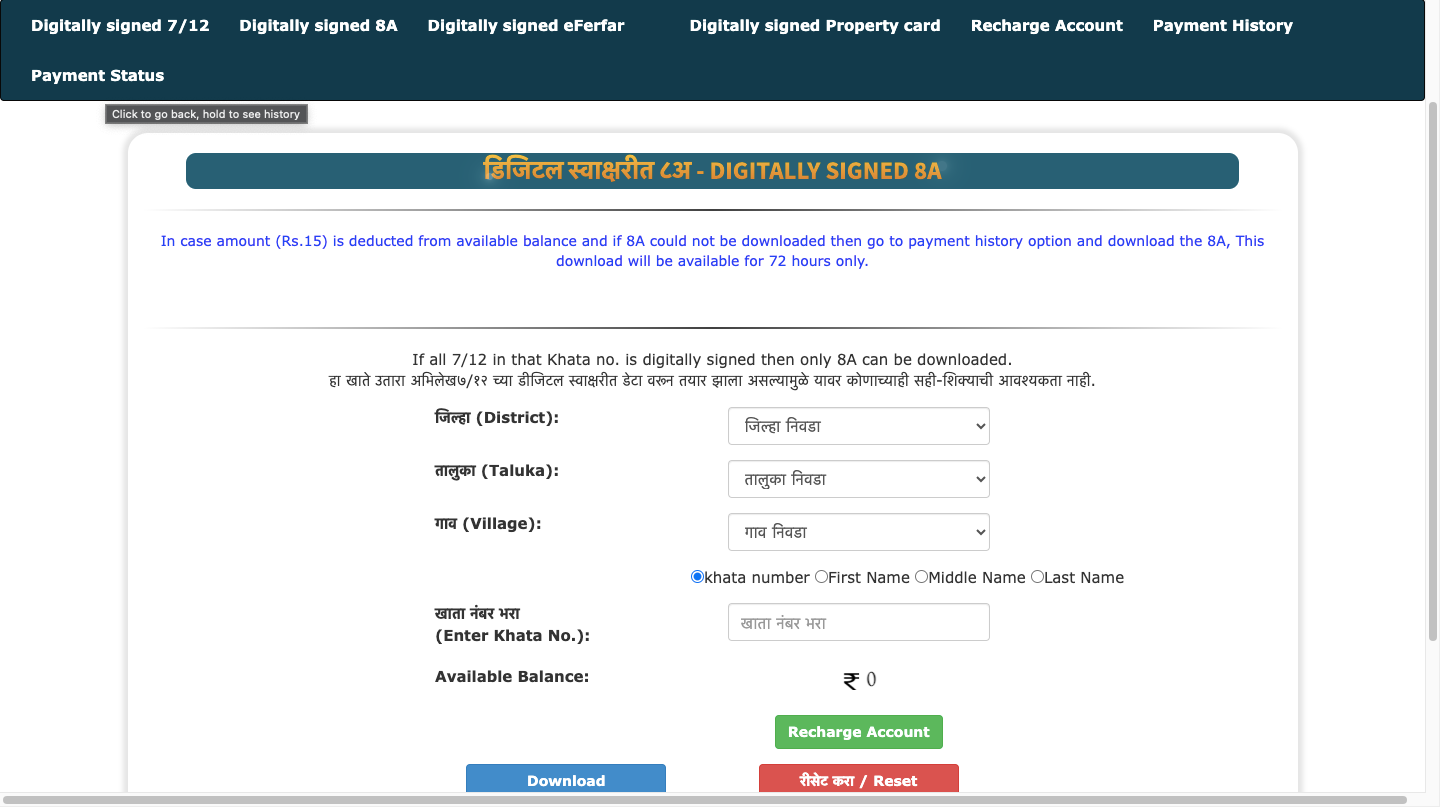What is an Auctioned Property?
If you buy a property on a home loan, the bank reserves the right to sell the property to recover their dues in case you do not repay the loan on time. In such a situation, after reminders and due process, the lender puts the property in question up for auction. The lender fixes a base price and then people participating in the auction are allowed to place bids that are higher than the base price. The person bidding the highest gets the property.
Advantages of Buying an Auctioned Property
Auctioned properties often come at a lower price compared to market value, providing an opportunity for substantial savings. dditionally, the transparency of the auction process ensures that every participant has a fair chance.
Risks Associated with Auctioned Properties
Despite the potential benefits, there are inherent risks. Legal issues, hidden costs, and the physical condition of the property can pose significant challenges. It is crucial to be aware of these risks before participating in an auction.
Steps to Buy a Property Under Auction
- Check the Legal Due Diligence: When you have selected the property of your choice, checking the legal titles of the property is of utmost importance. The bank does not take the legal responsibilities of the auctioned property. Thus, it is highly recommended that you get the property papers probed by a lawyer. This will prevent you from facing any legal trouble in the future.
- Arrange Your Finances: Make sure that you have ample money for buying a property under auction. A minimum amount of liquid fund (25% of the bid amount) has to be deposited within 24 hours of the day of auction. In such a case, if you are short of money, you can opt for a home loan for auction.
- Inspect the Physical Condition of the Property: To inspect the property’s physical condition, you should talk to the bank and get a date fixed to visit the property. When doing that, you must ascertain that there are no bank notices pasted on the doors of the property or the society noticeboard anymore regarding the property you are considering. Check the condition of the house thoroughly before purchasing it.
- Submit the Tender Form: Once you are contented with the physical condition of the property, you must submit the tender form with an Earnest Money Deposit (EMD). Essentially, EMD is a form of security deposit paid to the bank to prove that you are a serious buyer.
- Submit the Bidding Form: The bidding form is the document wherein you are supposed to mention the price at which you wish to purchase the property. You can submit the form physically or online in case of e-auction.
- Auction Date: The bank will announce the successful bidder post the auction. If you are the successful bidder, you will have to deposit a certain percentage of your bidding amount within 24 hours. If you are unable to pay the said amount within the stipulated time you will lose the property along with the EMD amount paid to the bank earlier. Thus, to arrange the required funds, you can avail a home loan for the auction property.
- Get the Sale Certificate: Your next step is to acquire the sale certificate from the lender. This is done by paying off the entire amount of the property. Then, the lender will provide you the sale certificate, which will act as proof of the payment between the buyer and the seller of the property.
- Register the Property: You will have to register the property at the registrar’s office. Registering the property in your name will make sure that it is legally yours. The sale certificate provided by the seller has to be signed by the bank and registered simultaneously. Once that’s done, the property is yours to keep!
Tips for a Successful Auction Purchase
- Research the Market Value: Before you bid, research the market value of similar properties in the area. This will help you set a realistic budget and avoid overbidding.
- Attend a Few Auctions First: If you are new to property auctions, attend a few as an observer. This will help you understand the process and develop a strategy for your bidding.
- Set a Budget and Stick to It: It’s easy to get caught up in the excitement of an auction. Set a maximum bid and stick to it to avoid financial strain.
- Understand the Auction Rules: Each auction may have different rules and procedures. Ensure you understand them thoroughly to avoid any surprises on the auction day.
Conclusion
Buying a property under auction can be a rewarding experience if approached with caution and thorough preparation. By following the steps and tips outlined in this guide, you can navigate the complexities of property auctions and potentially secure a great deal. Remember, due diligence and financial preparedness are key to a successful auction purchase.
By following these aforementioned steps, you will be able to purchase a property under auction successfully, and sometimes at a cheaper price as well. Therefore, now you can go ahead and have a plan in place in case you decide to purchase a property under auction.
